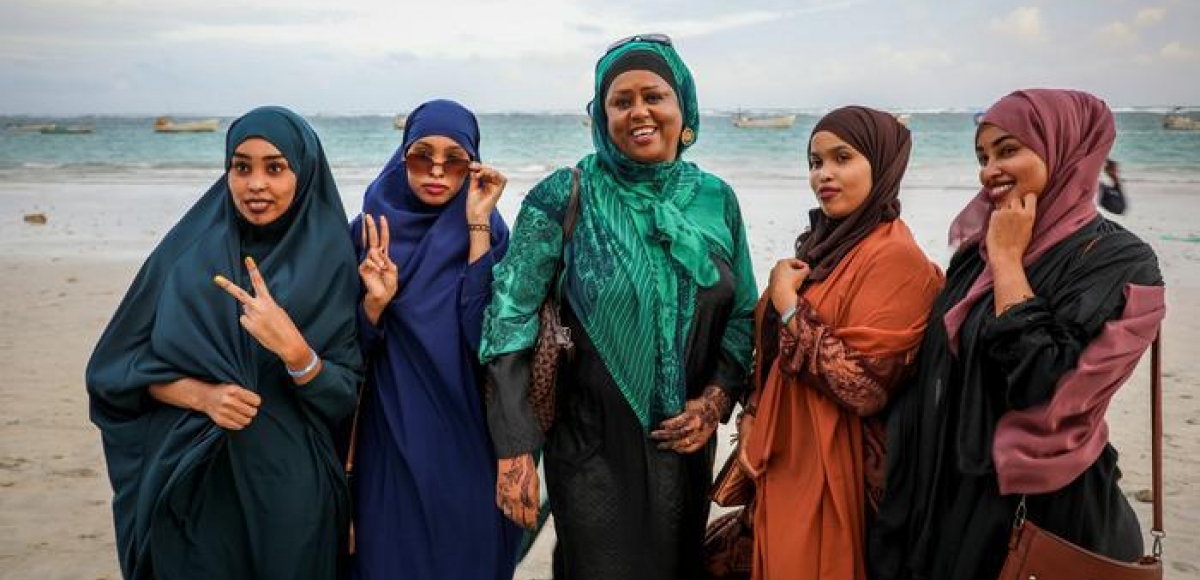Farmaajo's term as President in Somalia ended in February 2021 and there have been several attempts to hold the delayed presidential election. Currently the election is scheduled to take place in May. The continuous delay of the election, combined with the dispute between the allied opposition group and the federal government have left the country in a democratic pickle.
The increasing presence of terrorist group Al-Shabaab is also adding to the democratic challenge for Somalia. The political instability has also affected the economy in the country, further aggravated by the Covid-19 pandemic and the war in Ukraine.
How can Somalia get out of political instability and complete parliamentary and presidential elections? Where is Somalia headed after the election? How can the country get back on track and avoid the same difficulties at the elections four years from now?
In the panel:
- Halima Ibrahim, chair of National Independent Electoral Commission. She was previously the chair of Somalia's Civil Society Coalition and the chair of Women's Leadership Initiative which sought to unify Somalian women.
- Stig Jarle Hansen, professor at NMBU who works mainly with religion and politics and political theory. Hansen is an expert on Islamism in the Horn of Africa and the Shabaab group.
- Mukhtar Ainashe, Political Analyst and former national security advisor for president Sh. Sharif. Academic interests include terrorism, counterterrorism and political Islam in the Horn of Africa.
- Heidi Elburgi Johansen, Special Representative for Somalia, Norwegian Ministry of Foreign Affairs.
The moderator is Sverre Tom Radøy, NRK journalist and former Africa correspondent.

